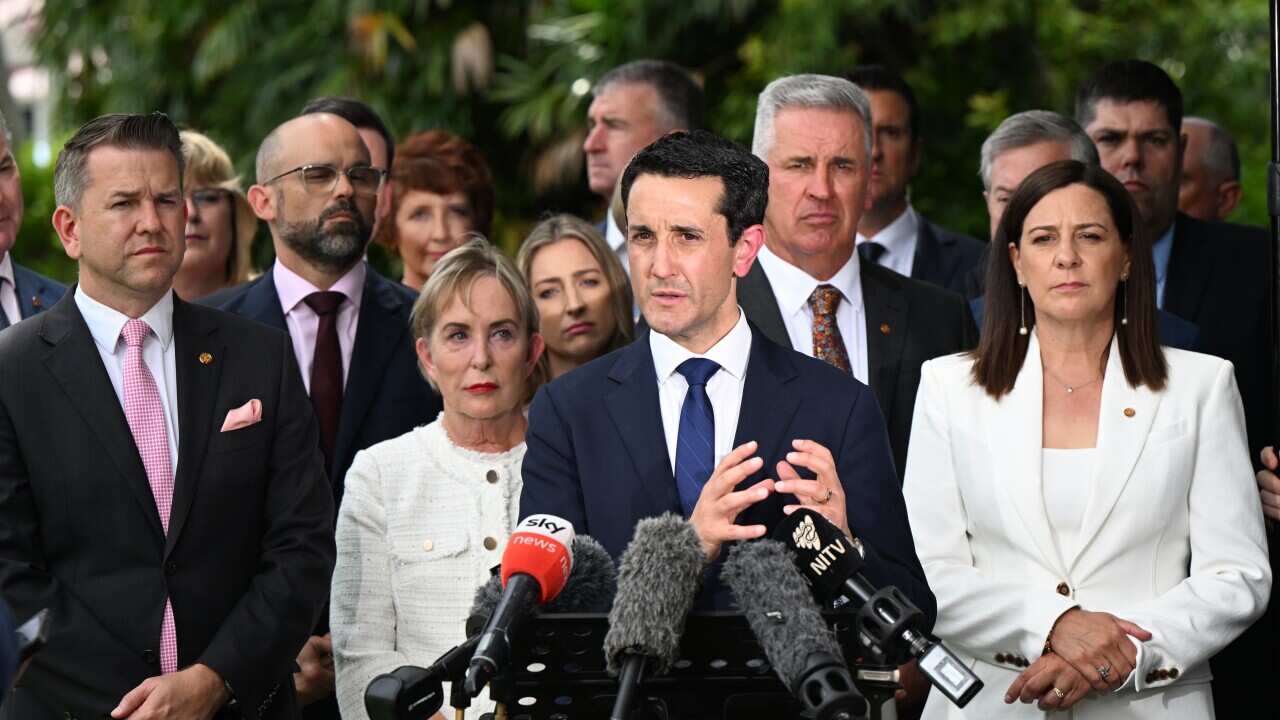WARNING: Aboriginal and Torres Strait Islander viewers are warned that the following content contains images of deceased persons.
Mark Fordham, a local from the Ampilatwatja community, was employed as a Works Manager for the Barkly Shire Council, who serviced the Alyawarr community of Ampilatwatja, in the Northern Territory.
The Barkly Shire took over from a local Aboriginal community government council, following reforms that accompanied the NT Intervention.
In April 2010, he conducted an interview discussing how Barkly Shire Council had gutted employment prospects for Aboriginal locals in Ampilatwatja. But as a result of speaking out, Mark was sacked from his job and evicted from Ampilatwatja by the police along with his two young sons. Mark died tragically of a heart attack at the age of 37 in February 2011.

Mark Fordham, publicly condemned the dumping of raw sewage in the Ampilatwatja community. When he publically discussed this, he was then sacked from his job. Source: NITV News
Mark Fordham
April 11 2010
“The Government Business Manager [installed with the intervention] brings in contractors for everything here. The contractors don’t hire any of the local guys, they bring their own work gang. Plenty of people here have training—but they are not willing to pay anyone a proper wage.
The Barkly Shire also refuses to put local people on. With my position I was forced to do half a dozen jobs in a day. That’s happening right across the region. We need proper positions so people can work on basic things like rubbish, sewage and maintenance everyday if we’re going to keep up with the problems. You get to a crisis stage where you have five or six houses that have got sewage problems. Then we need to drop what we are doing as our daily or weekly job to scramble and try and stop a sewage overflow.
We refused to do it – it’s an illegal practice.
Just recently, we’ve been instructed by the Shire to just to pump the overflowing septic tanks, take the sewage out bush and dump it on the ground. We refused to do it – it’s an illegal practice. So they brought in two contractors who pumped out over 3000 litres, then went to the rubbish dump, just let the hose out and drove round and round in circles until all the sewage had drained out.
So now we’ve got approximately 3000 litres of raw sewage sitting out at the rubbish dump. They drove around the whole community with it on the truck, dripping raw sewage out the back! It’s rained for a couple of days, all muddy for the dogs to come back here.
Some guys would work full days even though they weren’t being paid for it. They just wanted to work.
Barkly Shire gets these contractors for basically everything - the whipper-snipping, lawn mowing, hanging doors and windows. All these jobs that Aboriginal people can, and should be doing.
When I started here I had 15 blokes coming in every day, doing their obligations under work for the dole. The Barkly Shire was only willing to run them for their Centrelink payments, which is 16 hours a week. Some guys would work full days, even though they weren’t being paid for it. They just wanted to work.
Through Centrelink people only get $100 or something in cash a week and the rest on the BasicsCard. There’s no light at the end of the tunnel. Forever and a day just work for the dole on the BasicsCard. They do real work - municipal work. Before we had the rubbish truck, they were actually picking it up by hand. Mowing the lawns, painting, housing maintenance, pumping the septic tanks, fixing the airstrip, slashing the grass and fixing fences. Why are we not paying them wages?"
Mark Fordham was born in the NT and spent his life travelling throughout northern Australia working on mines, wharves, construction sites and in remote communities. In 2010, Mark campaigned across the east coast addressing union meetings about the exploitative working conditions under the Intervention and pressing demands for proper investment in jobs and basic services in Aboriginal communities. Mark died tragically of a heart attack at the age of 37 in February 2011.
RECOMMENDED ARTICLES:

Voices from the Frontline - 10 years on from the NT Intervention












